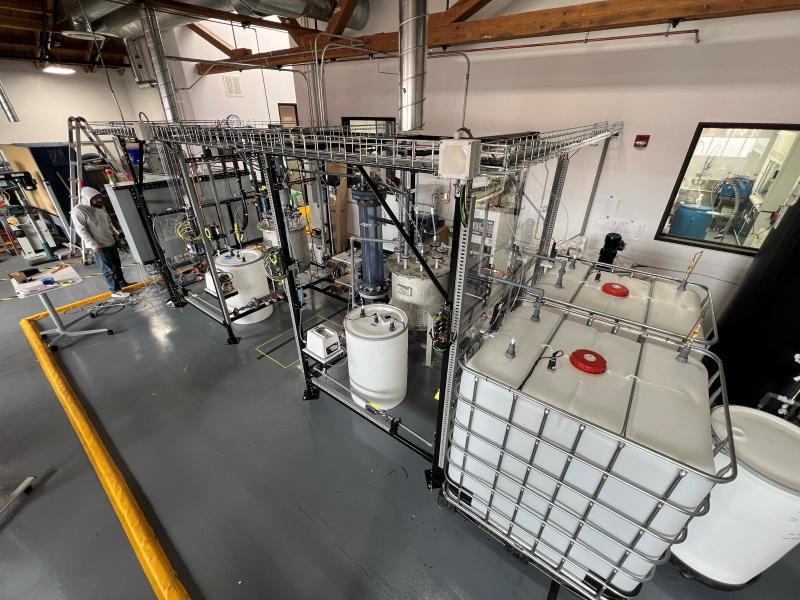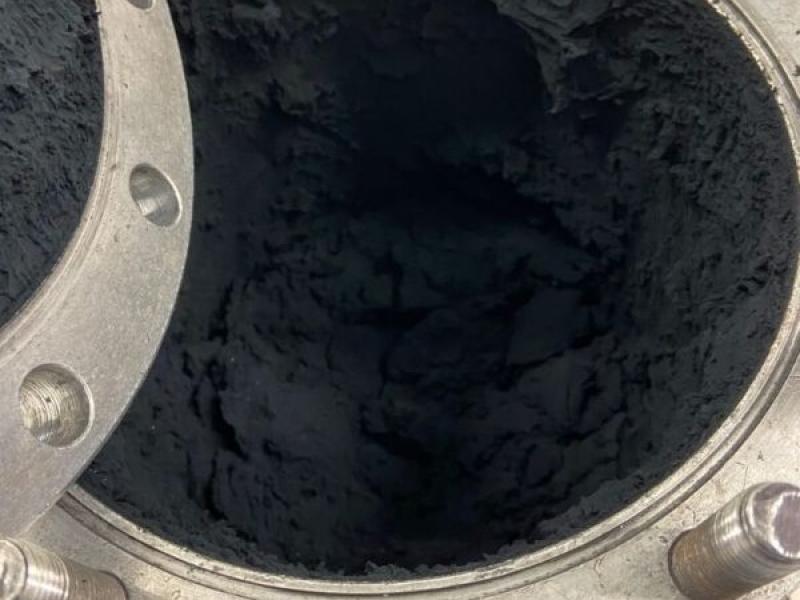
Manulife Financial Corporation was named to the Dow Jones Sustainability Index (DJSI), North American Composite. The DJSI is made up of leaders in sustainability among the top 20 per cent of the largest 600 Canadian and American companies.
As of October 29, there are 16 Canadian companies represented in the DJSI compared to 126 American. Manulife is one of seven insurers in North America to be included in the index, and financial organizations themselves make up 13.3 per cent of the DJSI in makeup.
“This recognition demonstrates our leadership and focus on sustainability,” said Sarah Chapman, Manulife’s global chief sustainability officer in a statement related to its DJSI inclusion. “We play an active role in supporting global climate goals and helping to create a healthier, more equitable future for our customers and the communities we call home around the globe.”
In terms of its sustainability successes, the firm was one of only twenty named to the Principles for Responsible Investment (PRI) Leaders’ Group of 2020 in recognition of advanced efforts in climate reporting. This includes a timberland investment that will primarily be used for carbon sequestration and storage. Manulife became a PRI signatory in 2015.
Manulife’s past and future efforts
Other 2020 highlights include: 81 per cent of its $14.3 billion real estate portfolio is certified to sustainable building standards such as LEED, BOMA, and ENERGY STAR. Manulife also states it removed 1.38 megatonnes of CO2 from the atmosphere and protected 472,000 acres of owned forests through its Sensitive Lands Program. Lastly, Manulife’s sustainability teams have grown from 16 to 25 by the end of the year.
Manulife’s climate action plan includes a commitment to reducing absolute scope 1 and 2 emissions by 35 per cent by 2035, a net-zero investment portfolio by 2050 with short term goals in progress to be validated by Science Based Target initiatives (SBTi), a commitment to grow its $39.8 billion portfolio of green investments and creating goals linked to climate action plans in executive compensation.
“Our efforts support our clients’ aims and help bolster the environmental and social foundations that enable the global economy to function,” said Paul Lorentz, president and CEO of Manulife Investment Management in a statement on the company’s sustainability efforts. “Our priority is to continue to expand our sustainable investing capabilities across public and private asset classes to meet our clients’ evolving needs.”
Competitors in sustainability
CIBC was also named to the DJSI for the 17th consecutive year, as well as Scotiabank for its fourth consecutive year, achieving an overall score in the 92nd percentile which moved it to the top eight per cent of participating financial institutions globally. This is in part thanks to its promise to mobilize $100 billion by 2025 to fight climate change.
Meanwhile, BMO Financial Group ranked in the 93rd percentile globally, and was one of only five Canadian companies and two North American banks to be included on the DJSI World Index, which is reserved for the top ten per cent of global sustainability performers. Specifically, it achieved the best possible scores in corporate governance, customer relationship management, financial inclusion, environmental reporting and social reporting.
Manulife itself comprises over 37,000 employees, 118,000 agents and $1.4 trillion in assets under management and administration.







